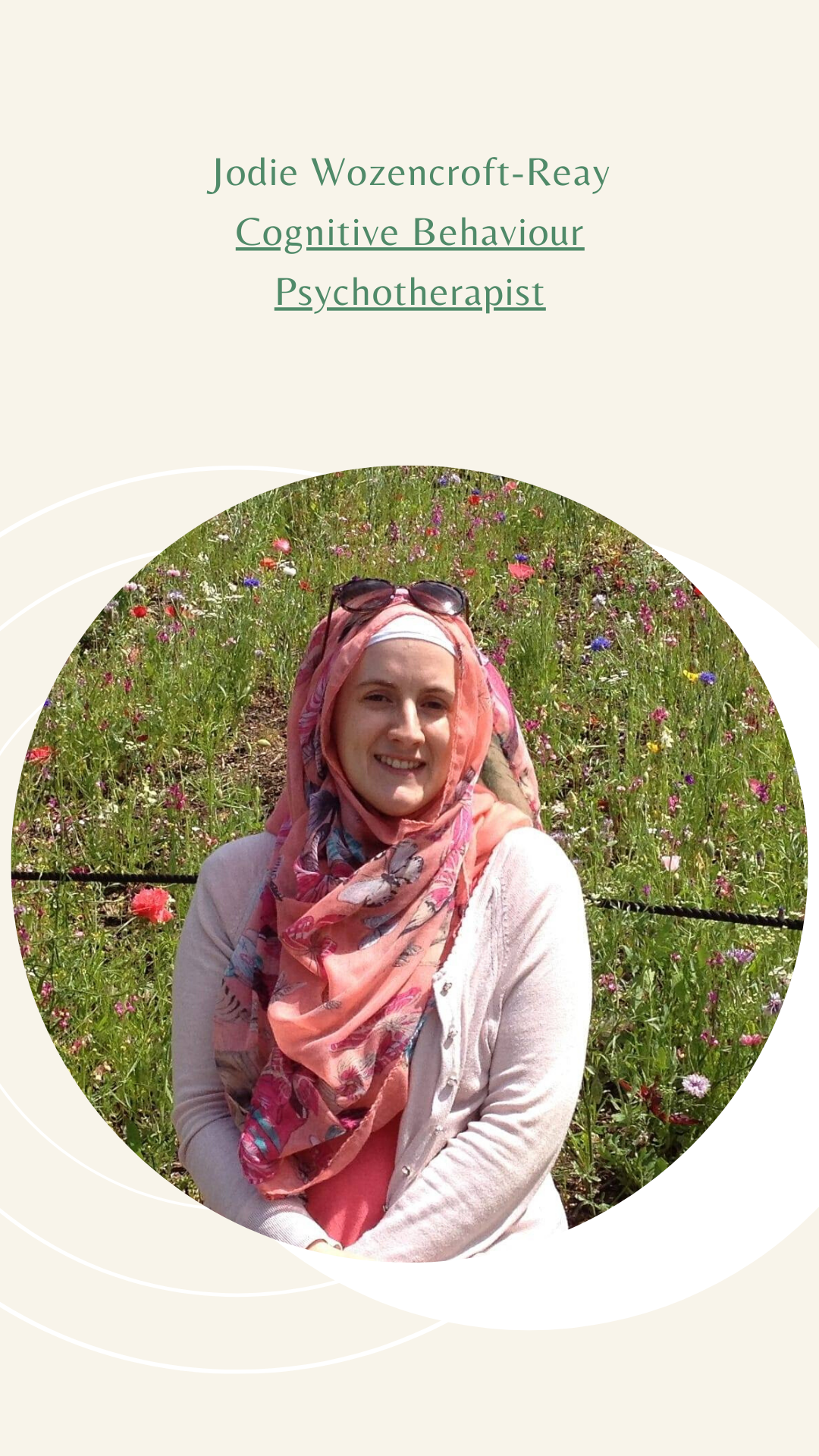Neurodiversity Celebration Week
- Jodie Wozencroft-Reay

- Mar 14, 2023
- 4 min read
You may or may not have heard the term 'neurodiversity'. It's a catch all term for anyone who is neurologically different from the 'typical' development. But really that doesn't do it justice.

Neurotypical people are people who have developed 'as expected', but really only 80% of people are deemed 'typical' - and that's also dependent on what you deem as 'typical'.
Neurodiverse people may be Autistic, have ADHD, dyslexia, dyscalculia or other learning differences, or they may have bipolar or OCD. We're still very much learning about neurodiversity and much of society's internalised ableism [ for more on this term, click here ].
My specialisms particularly look at ADHD and Autism so that's what I'll be focusing on in this blog post.
Labels and language
When the diagnostic labels were created, they weren't evidence based: they were full of societal judgements of the time [example: click here] and were based on what was deemed 'normal'. Even just 10 years ago, it was deemed ADHD or Autism...you couldn't have both, apparently, that's how little we understood.
We've started to move on from these rocky beginnings, but we still have a way to go. Self identification is acceptable - if you do not wish to be diagnosed, or it's not accessible for you - that's not a problem. If understanding yourself as neurodiverse helps you, that's what matters. Generally Autistic people prefer 'Autistic person' rather than 'person with Autism', more can be found on identity first language here .
Disability or not?
Diagnostic labels have medicalised language and use the word 'disorder'. Whether someone is 'disabled' or not depends on many factors. The social model of disability argues that many people have difficulties or even impairments, but it is the inaccessible nature of society which creates disability.
The main point I want to get across is: don't assume. One Autistic person may feel disabled by the noises in a supermarket, another may love their special interest and feel great...that day. One person with ADHD may be spontaneous and creative when self employed, but feel crushed when working in a constrained restricted environment.
We've moved away from labels like "mild Autism" and "low/high functioning" because someone who is "high functioning" just means they are not showing their suffering. It may be that they're masking to survive, it may be that they're disassociating until it's safe to let out their feelings, it may be that they're not sure how they feel or how to express it. One day someone may need a lot of support, another day they don't need/want much at all. Currently we use terms like "low/high support need" - need fluctuates, it does not define or stay static for anyone, neurodiverse people included.
What are Autism and ADHD?
Autism and Attention Deficit Hyperactivity Disorder (ADHD) are currently termed as "neurodevelopmental conditions" [or 'disorder' if you are using medicalised language...not acceptable generally in the community]. It means the structure, wiring and development of Autistic and ADHD brains differs from other brains. Of course it's not just brains, many neurodiverse people also have different autonomic nervous systems so they experience safety and threat differently, bowel / digestion sensitivities are also more common than 'neurotypical' people.
For both conditions symptoms have to be present from childhood and have many overlapping features. They both impact executive functioning [click here for more information], social interactions and sensory experiences. ADHD is often thought of as a lack of attention, it's more of an attention regulation difference - ADHD people have lots of focus, it just jumps around. Autism is often thought of as a communication issue, but many Autistic people can express themselves, if only people would learn to listen.
These ways of being are not a disease. There is no cure and there is no need for a cure. Our brains are our brains because that's how Allah subhana wa'tala deemed they are and that's why they should be celebrated. He wanted you to have this gift, the good and the not so good, and we trust there is Hikmah (wisdom).
The role of therapy
For those who have neurodiverse loved ones, therapy can be a space to challenge your own bias or difficulties. It can help you express and process any struggles you may have, especially if you have caring responsibilities.
Often neurodiverse people have had to cope with the neurotypical world for a long time. When we are different, we're told many things, such as "don't do it like that", "that's weird" or even "what is wrong with you?"...we internalise these messages if we hear them often and loud enough. Our self talk becomes critical of our authentic selves.
This is where therapy can help. Therapy can help with navigating the neurotypical ableist world. It can help you accept you for you, without shame, with compassion. It can give you skills and tools to manage difficulties. Coaching, similarly, can aid in learning self regulation and executive functioning skills so you can live the life you want because of your diversity, not despite of it.
Useful resources
ADHD questionnaire https://add.org/adhd-test/
Autism questionnaire https://psychiatry-uk.com/2020/wp-content/uploads/2022/06/this-AQ50-form.pdf
Neurodiversity Celebration Week https://www.neurodiversityweek.com/
ADDitude https://www.additudemag.com/
NHS: Autism information https://www.nhs.uk/conditions/autism/
Would you like more blogs and information on neurodiversity?
Yes
No




Comments